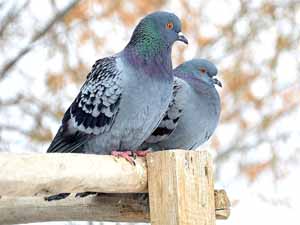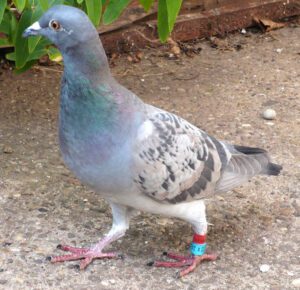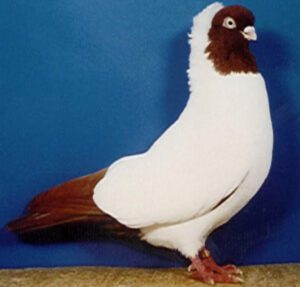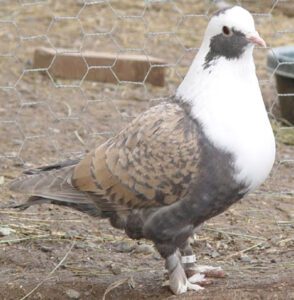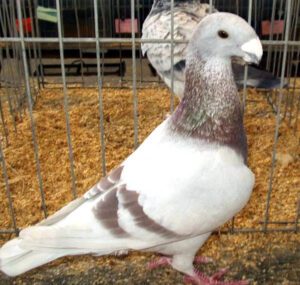Pigeon farming faqs are some frequently asked questions regarding pigeon farming business. Here we are trying to list the most common questions about this business, and trying to answer them. Hope you will find your answer. Don’t hesitate to ask us if you have more questions.
Pigeon Farming FAQs
1. Is pigeon farming profitable?
Yes, commercial production of pigeon is a profitable business. Many people around the world are doing this business for making money. Commercial pigeon farming requires less investment, but returns are much higher.
2. How to start pigeon farming business?
Starting a commercial pigeon production business is relatively easy. First of all you have to select a suitable location, then build house for them, select the breed you want to raise, purchase the birds, feed them good quality and nutritious food and start taking good care of them.
3. Why do people farm pigeons?
People farm pigeons for many different purposes. Pigeons are generally kept for meat, hobby and just for making money by selling pigeons.
4. How fast does pigeon grow?
Pigeons grow relatively faster than many other poultry birds. Most of the pigeons take about 4 weeks to grow up after hatching.

5. Which pigeon is best for meat?
The best pigeons for meat production are:
- French Mondain
- White King
- Giant Homers and
- Red Carneau
6. How much do pigeon breeders make?
Depends on numerous factors, and it’s not possible to tell the exact amount. Please consult with some existing breeders in your area.
7. How much space does a pigeon need?
Pigeons are smaller sized birds and they require relatively less housing space. A nest measuring 1 feet long and 1 feet wide will be enough for a pair.
8. What should I feed my pigeons?
You can feed them grains, seeds etc. Some commercial pigeon keepers also provide their birds with poultry feeds.
9. Why do people buy pigeons?
People buy pigeons for many different purposes. Some buy for meat, some buy as a hobby, some buy pigeons for raising as pets.
10. Is there money in pigeons?
Yes, pigeon farming is highly profitable. But determine your marketing strategies before starting this business commercially.
11. What are the benefits of raising pigeons?
There are numerous benefits of raising pigeons such as:
- They require less caring.
- Handling pigeons is very easy.
- Pigeons start breeding from their 5-6 months of age.
- They require relatively less space and food.
- Require less investment, but profits are good.
- Diseases and other health problems are less in pigeons.
- Pigeons eat insects and save the environment.
- Demand and value of pigeons in the market are good.
- Commercial production is very profitable.
12. Can you eat pigeon eggs?
Yes, sure! But you should not do so. Pigeons are not good layers. They lay only two eggs and hatch them. If you eat the eggs, you will lose some birds.
13. Can pigeons live with chickens?
Yes, in most cases pigeons can live with chickens.
14. What to feed breeding pigeons?
You can feed wheat or rice to your breeding pigeons.
15. How many times pigeon lay eggs in a year?
4-6 times depending on the breed. And lay only 2 eggs in each brood.
16. What is the lifespan of a pigeon?
Can vary depending upon the breed. But their average lifespan is around or up to 6 years.
17. Who eats pigeon meat?
Pigeon meat is eaten in almost every countries around the world.
18. Is pigeon meat good for health?
Yes, pigeon meat is good for health, and it is healthy meat than chickens.
19. Do pigeons need sunlight?
Yes, sunlight is essential for pigeons for producing natural vitamin D.
20. Do pigeons eat raw rice?
Yes, pigeons can eat raw rice.
21. How many times a day should you feed a pigeon?
You should feed a pigeon at least twice a day.
22. Is it hard to keep pigeons?
No, raising pigeons is very easy and simple.
23. How do you take care of pigeons?
Caring pigeons is very easy. Common pigeon caring tasks include making their nest comfortable, cleaning the house regularly, keeping their environment dry, feeding them good quality food, providing them with required medications etc.
